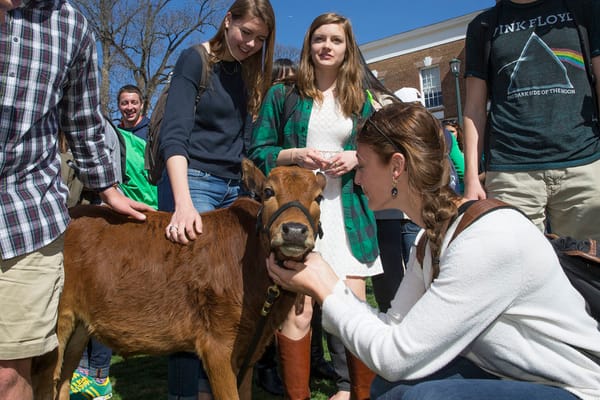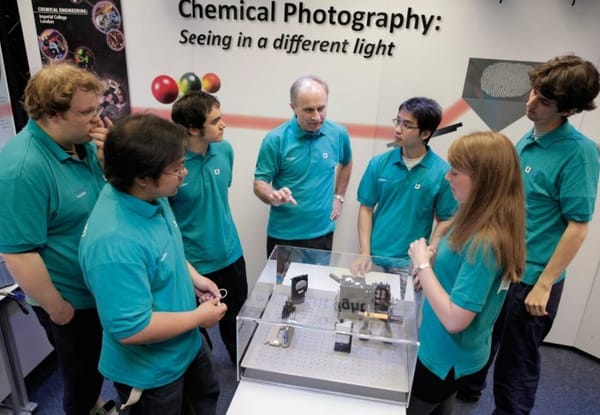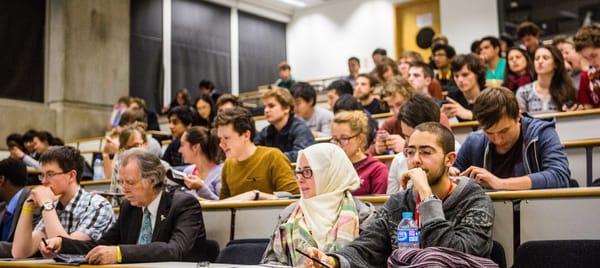Imperial Professor is made Fellow of the Royal Academy
Cecily Johnson reports as a Professor of Electronic and Electrical Engineering is recognised for work in modelling computer systems

Professor Erol Gelenbe, a researcher from the Department of Electrical and Electronic Engineering, has been made a Fellow of the Royal Academy, Sciences, Letters and Art of Belgium.
The prestigious society elected just 19 new Fellows this year, including a Nobel Laureate and a Fields Medallist.
Professor Gelenbe was recognised for his work in the modelling of computer systems, which inspired several industrial prototypes.
“I am very touched and honoured,” said Professor Gelenbe. “The Fellowship is also recognition of an area of research that I pioneered and of my industrial impact, which is very gratifying.
“My family and friends are looking forward to the formal ceremony in Brussels, and I think I will celebrate by having one or two of those famous Belgian beers”.
The ceremony will take place at the end of May in the Palace of the Academy in Brussels. Over the past four decades, Professor Gelenbe has been developing programs that test the performance of computer systems, checking whether they respond in a logical and timely manner. These simulations and mathematical models have been used by telephone companies in early digital switching technologies and in modern mobile telephone signalling.
A number of industrial projects have resulted directly from Professor Gelenbe’s research, including the manufacturing process simulation tool FLEXSIM, and the commercial software GNAP/Modline, which is used to optimise processes by predicting the performance of a computer system. He also pioneered various other communications technologies including the XANTHOS system, the first Ethernet-like fibre optic local area network, which was used in facilities such as nuclear power plants.
Professor Gelenbe’s research currently focuses on developing quantum ‘nano-networks’ which convey information by exploiting the magnetic spin of electrons.










